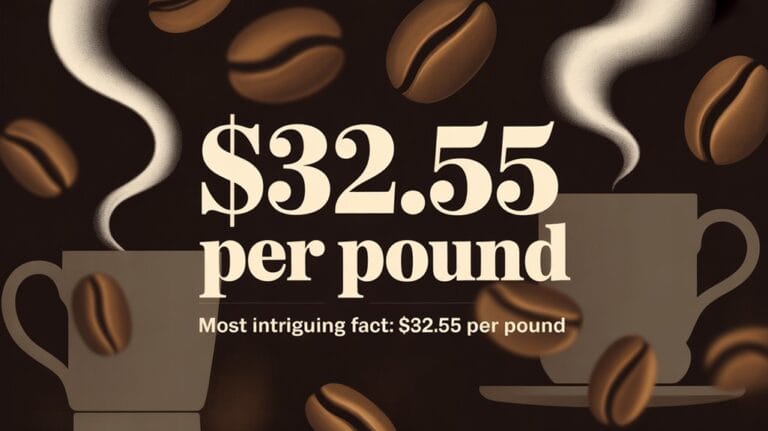While coffee lovers sip their morning brew, the price of Arabica beans has leaped to $3.48 a pound, marking a 79% jump from last year. The global market briefly touched $4.39 before easing to around $3.45 by midyear. Specialty beans now sell for an average $32.55 a pound, up 7.6%. Robusta hit its highest quote in almost fifty years.
Prices are perking up: Arabica now at $3.48/lb, specialty beans at $32.55, and Robusta at a fifty-year peak.
Droughts in Brazil, floods in Ethiopia, and storms in Vietnam shrank harvests. Fuel, labor, and shipping all cost more. Trade disputes and lingering post-pandemic snarls added further strain. Speculators moved prices even faster.
Small roasters face tight margins when green coffee costs more. Yet many are turning to local sourcing. They buy directly from nearby farms or regional importers. This shortens the supply chain and cuts freight fees. It also builds community support. Customers feel good knowing their dollars stay close to home. By choosing local coffee roasters, consumers can explore varied coffee tastes that suit their preferences and promote diverse flavor profiles.
Data show shoppers still want high-quality, sustainable coffee. They’re not quitting the habit. Instead, they’re buying smaller bags or mixing premium beans with everyday brews. Online orders and subscriptions are rising. Limited editions labeled “single origin” sell out quickly.
Local roasters can tell the story behind each batch. They explain where the beans grew and who roasted them. This transparency wins loyalty even when prices climb. Some buyers trade down from big chains to neighborhood cafés. Others brew at home using beans from local roasters. The practice keeps quality high while trimming café markups.
With a growing emphasis on sustainability via ethical sourcing, local roasters are not only satisfying customer demand but also contributing to global environmental initiatives.
Market analysts expect the coffee sector to grow from $73.98 billion this year to $96.48 billion by 2029. Demand for artisanal drinks stays strong. Health, wellness, and ethical choices drive purchases. Local roasters that highlight freshness and fair pay may capture a larger share of this expanding market.





